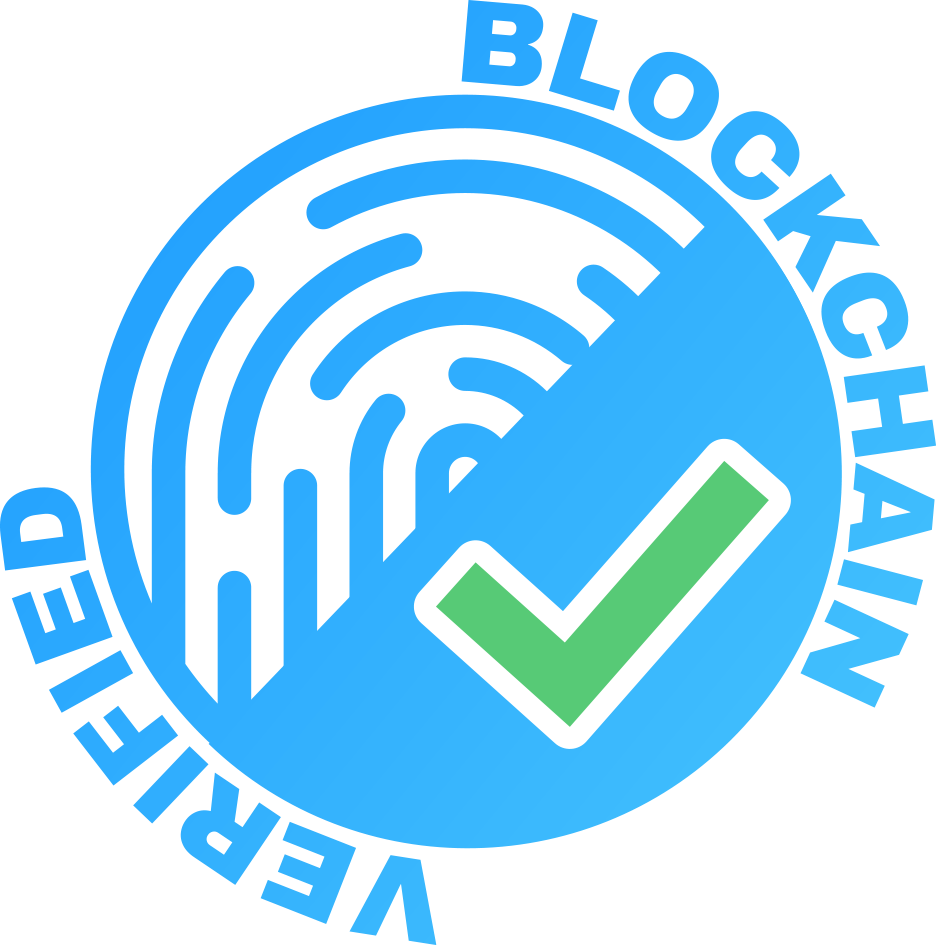How to Overcome Permanent Roaming for IoT and NB-IoT: Global Connectivity Made Simple
Rolling out IoT and NB-IoT devices globally is an exciting leap forward for many businesses. These devices offer connectivity that powers industries ranging from logistics to smart cities. But there’s one big challenge standing in the way: permanent roaming. If your IoT or NB-IoT devices stay connected to a foreign network for too long, you …
How to Overcome Permanent Roaming for IoT and NB-IoT: Global Connectivity Made Simple Read More »











